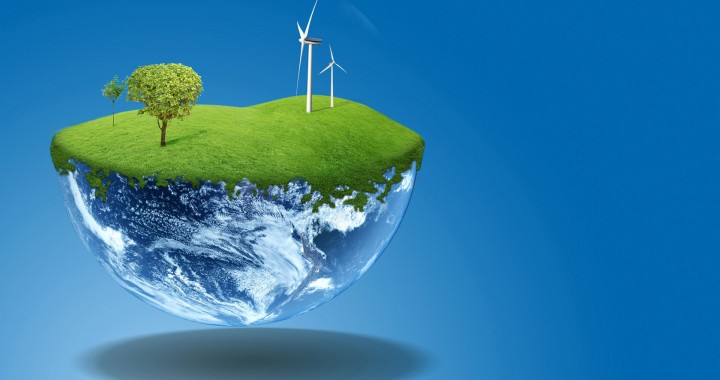According to news reports, investment in renewable energy fell by 14% globally during 2013. However, growth has been witnessed in the percentage of electricity generated.

Use of cheaper technology and uncertainty caused by energy policy have resulted in a fall in investment for the second year in a row.
However, falling costs meant renewable energy accounted for 8.5% of the global electricity mix, up from 7.8% in 2012. Renewable energy also accounted for 43.6% of newly installed generation capacity in 2013.
The United Nations Environment Programme (Unep) and Bloomberg New Energy Finance prepared a report on the latest advancements on investments in renewable energy and the details about its technological and regional improvements. The report is known as Global Trends in Renewable Energy Investment 2014
Why the cost has decreased?
The report shows that total investments made in the year 2013 are 23% lower than the 2011 record. The renewable sector performed all its operations with US $214.4bn (£129.2bn) total investment.
2013 has been described as a ‘’mixed year’’ by UN Energy expert, Eric Usher, who is one of the report’s lead editors.
He has analyzed the reasons behind the decrease in investment further. According to him, it is because of the uncertainty involved in the policy making, which discourages investors and decreases the cost of equipment.
In addition to this, the fall in the cost of clean energy technologies, such as solar power, made some governments review their policies. The government might have thought that they paid too much and must therefore evaluate their subsidies.
Mr Usher mentioned that nations like Germany transformed themselves and adapted to the situation very quickly, while other nations had the opposite response towards investments, mainly caused by panic among investors.
A misbalance has occurred between supply and demand, where supply has been greater than demand. Supply has generated overcapacity for a number of years now. This has created a situation for firms where they find it difficult to make a profit.
However, they had other avenues available to help achieve profitability, such as lower costs, improved efficiencies and market consolidation.
According to Mr Usher, there were still a number of positive signs in 2013. The growth enjoyed by renewable energy sectors in a number of nations without government subsidies, for example, especially in Latin America.
China should be credited for being the first change in 2013, as it has installed more new generation capacity with the usage of renewable energy. Previously, they used fossil fuels.
This points towards positivity in the sector, as the world’s largest emerging economy is serious about long-term welfare of the sector.
Responding to the assessment, Unep Executive Director, Achim Steiner, said: “A long-term shift in investment over the next few decades towards a cleaner energy portfolio is needed to avoid dangerous climate change, with the energy sector accounting for around two-thirds of total greenhouse gas emissions.”
According to Steiner, to avoid dangers of climate change, more investment is needed over the next few decades in the cleaner energy portfolio. He further added that: “it’s encouraging to see how renewable energy is performing, as it is achieving bigger share of overall generation globally. To keep more inspirations, investment priority must be reviewed, incentives should be shifted, capacity should be put right in place and governance sectors should be improved.”
Original Source: BBC

